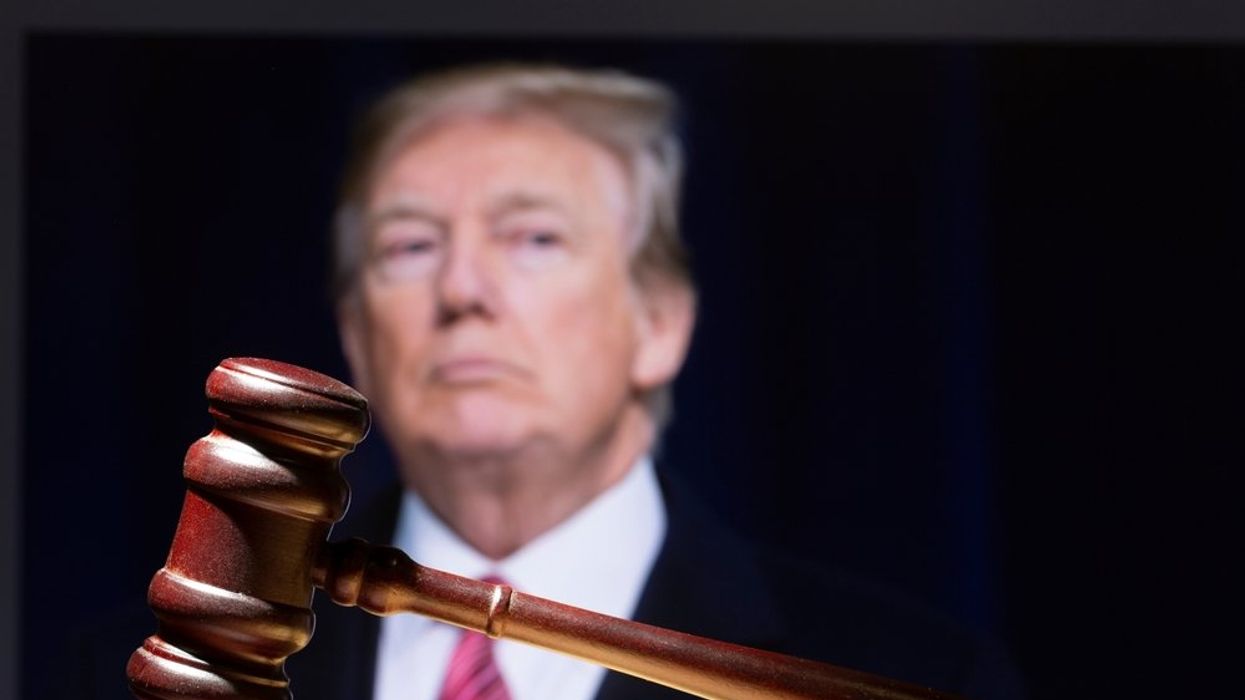Former president Donald Trump will be brought to trial in the classified documents case on May 20, 2024.
Judge Aileen Cannon set the trial date, rejecting the Trump team's request to indefinitely delay the case. The former president had hoped to stay the trial until after the 2024 presidential election. However, Cannon also rejected the prosecution's motion to set the trial for December of 2023.
“The Court rejects Defendants’ request to withhold setting of a schedule now,” Cannon writes. “Nevertheless, the Government’s proposed schedule is atypically accelerated and inconsistent with ensuring a fair trial.”
Trump and his team have been open about how winning the presidency is his strategy to combat the criminal charges he is facing. The trial date is just a few months before the November election, and only two months before the start of the Republican National Convention in July, which marks the start of election season.
Trump's team is expected to file several motions challenging the status of classified documents, with Cannon noting in her decision that the evidence to sort through is “voluminous." The motions are likely to delay the trial, though it remains to be seen how long.
Cannon, who was appointed by Trump, wrote: “By conservative estimates, the amount of discovery in this case is voluminous and likely to increase in the normal course as trial approaches. And, while the Government has taken steps to organize and filter the extensive discovery, no one disagrees that Defendants need adequate time to review and evaluate it on their own accord."
After Trump lost in the 2020 election to president Joe Biden and left the White House, the National Archives searched for months to locate records kept in his possession. When Trump eventually relented and returned over 200 classified documents, the Justice Department began their investigation, sparking the August 2022 search of Mar-a-Lago, where an additional 100 classified records were found.
Trump now faces charges on 37 counts in the case, including for violations of the Espionage Act as well as obstruction of justice.



















































